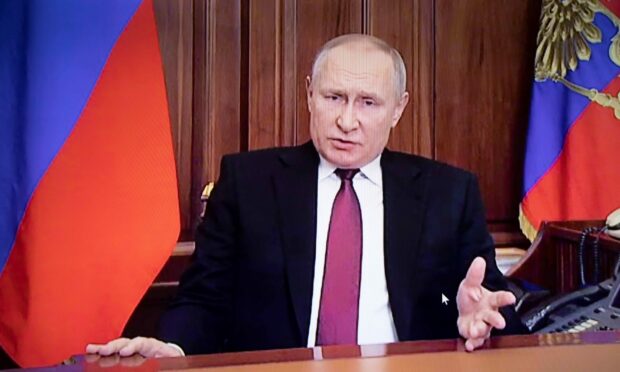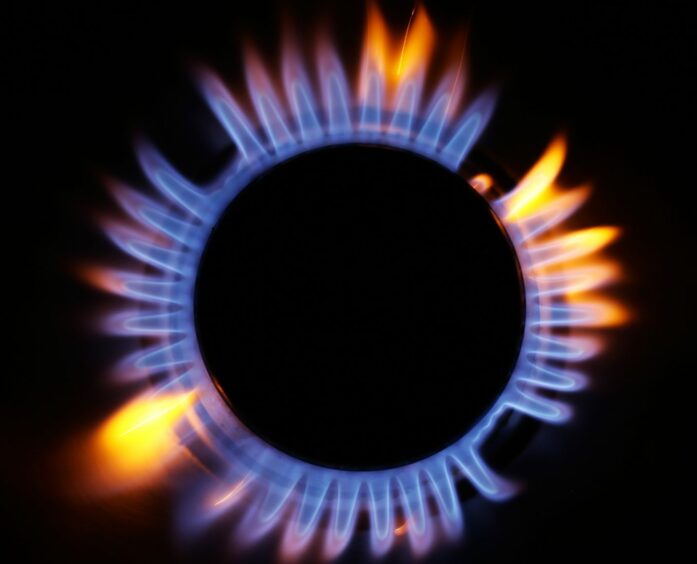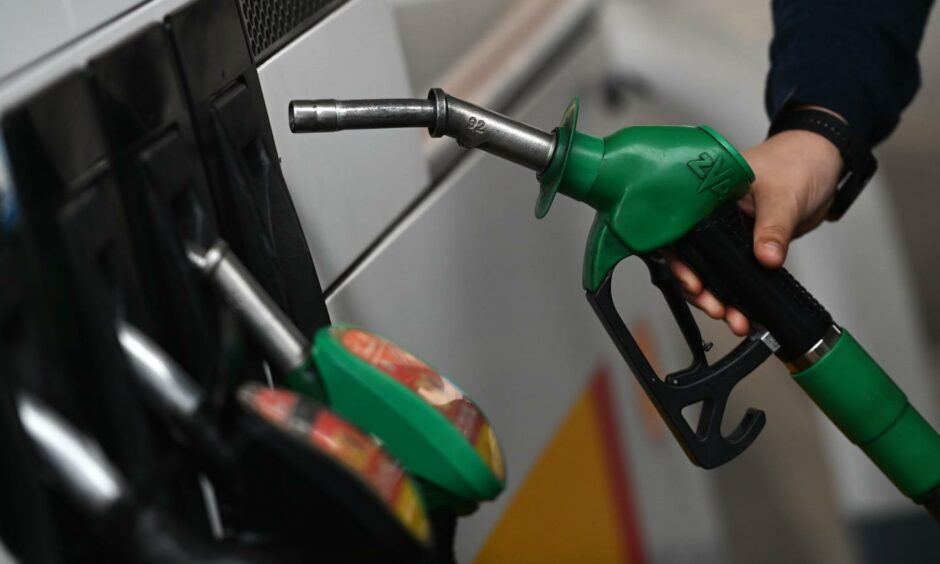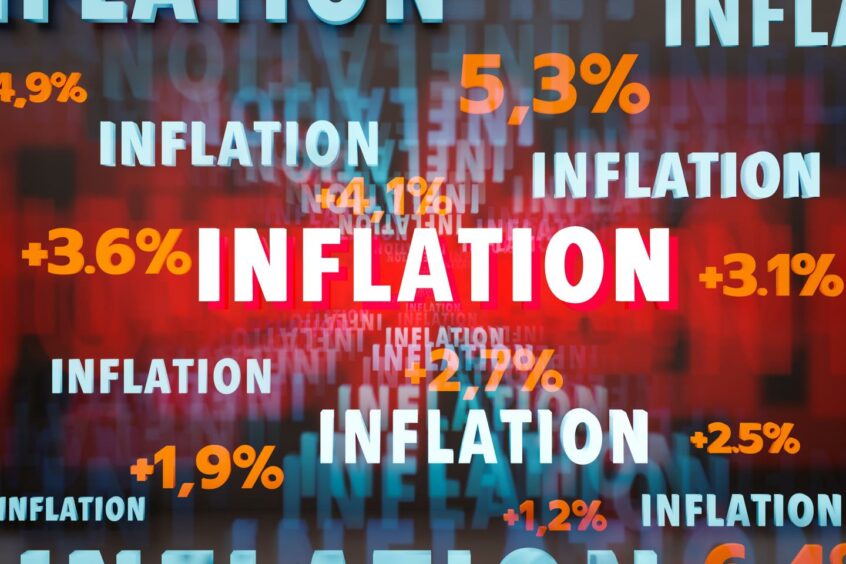The Russian conflict with Ukraine is only likely to intensify the cost of living crisis in the north and north-east with an already desperate situation expected to get worse, analysts have warned.
Rising costs on everyday essentials, including food and clothing, along with rocketing petrol and energy prices is expected to stretch household budgets.
Rising gas prices
Experts have already warned UK households could face price surges as high as 35% in their gas bills due to the Russian invasion.
While the UK only gets 3% of its gas from Russia, the UK gas price would be pushed up if Russia restricted supply.
It’s another blow for consumers with energy bills already set to soar by nearly £700 after regulator Ofgem lifted the price cap by more than 50% from April.
Consumers could be forced to pay up to £1,977 per year now, an increase from £1,271.
Leading Inverness based economist Tony Mackay said: “There have been big increases in oil and gas prices in the last few weeks because of the Ukraine-Russia conflict and today’s developments have resulted in further rises.
“The UK does not import gas from Russia but the EU is very dependent on those imports, which has resulted in the massive increase in world prices.
“UK prices are inevitably linked to those prices because of international trading.
“There have therefore been big cost increases for Scottish businesses. Domestic consumers will face the same problems over the next few months.
“It is very difficult to predict for how long the crisis will continue.
“However, I expect Russia to react to the sanctions imposed by cutting off gas and oil supplies to some countries, and that implies that the high prices will continue for the next few months at least and possibly much longer.”
Record fuel prices
People are already paying more than ever to fill up their cars with petrol and diesel prices hitting record highs this week.
Motoring grout the RAC has warned the crisis will continue to push up UK petrol prices further, after they hit a record 149.12p a litre recently.
The average price of a litre of petrol is now 147.7p and diesel 151.95p.
With Russia’s position as the second largest exporter of oil after Saudi Arabia, fears are increasing that their control over the world’s oil supply will have a significant impact on petrol prices here at home.
Record high inflation
UK inflation hit a fresh 30-year high after rising further in January.
The Office for National Statistics (ONS) said the cost of clothes and footwear pushed inflation higher last month, with the smallest January discounts in shops since 1990.
People forced to use savings for everyday living
Survey findings from Kis Finance found nearly a third of people reported genuine concern that rising prices and the increasing cost of living will have a negative impact on their lives in the very near future.
Whilst some have been able to make use of savings built up over lock down to help meet increasing costs, this temporary buffer won’t last for long and the impact of a permanently higher cost of living is a real worry for many.
Findings revealed 27% are already struggling financially as direct result of the rising cost of living with 30% anticipating financial problems in the very near future as the impact of rising prices bites.
And 35.5% of 18-24 year olds reported they are already financially struggling with
36% of over 55’s are worried that the financial pinch will hit them shortly as prices continue to rise.
KIS Finance managing director Holly Andrews said: “At a time when the cost of living crisis is deepening, the global impact of the situation in the Ukraine looks set to make the situation even worse.
“Rising costs on everyday essentials, alongside increasing interest rates will stretch household budgets and be a further blow to those trying to get onto the property ladder.
“Shortages in the housing market are forcing prices up at the same time that rents are at some of their highest rates ever.”



